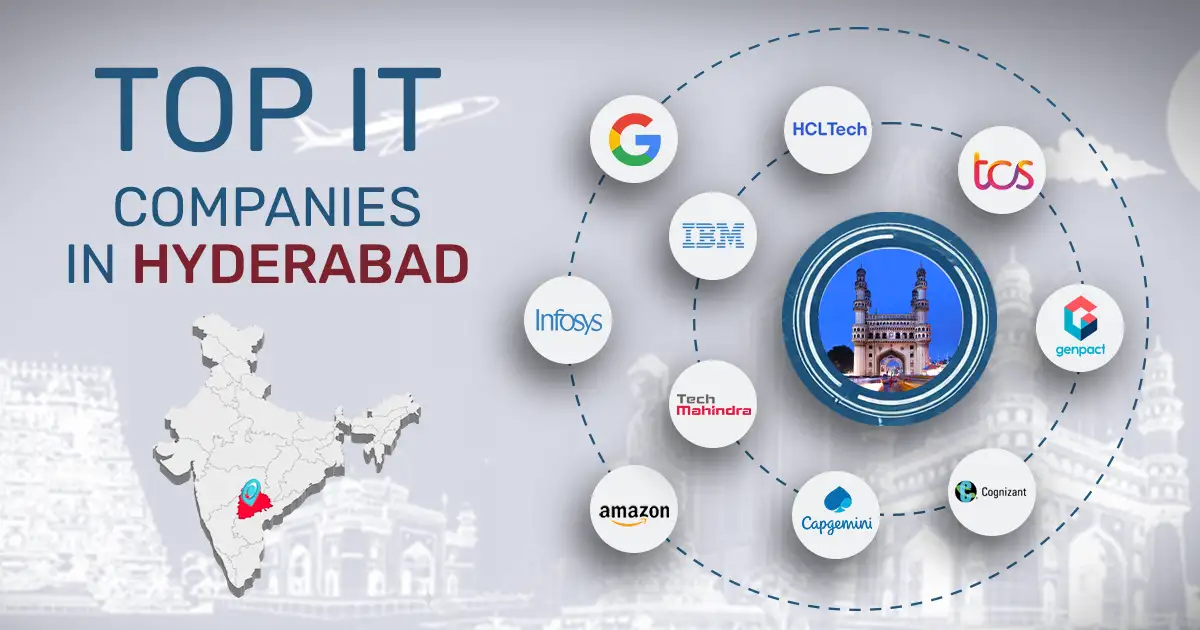
9 Foods Banned in India by FSSAI: Complete List
The Food Safety and Standards Authority of India (FSSAI) is the regulatory body that ensures that food products consumed by the public are safe, nutritious, and free from harmful substances. Through its various regulations, FSSAI protects consumers by preventing them from consuming the foods banned by FSSAI, and helps build trust in food businesses. In this blog, we will discuss 9 foods banned by FSSAI in India and highlight the importance of FSSAI registration for food businesses. Additionally, we will guide you through the benefits of obtaining FSSAI certification for your food business.
The Food Safety and Standards Authority of India (FSSAI) plays a vital role in ensuring that the food consumed by the masses is safe, hygienic, and meets prescribed food regulations. FSSAI is responsible for setting food safety standards, and regulations for food labeling, conducting inspections, and enforcing safety protocols. Registering food samples and batches with FSSAI is a crucial legal requirement for food businesses in India to operate in compliance with safety regulations.
By obtaining FSSAI registration, food businesses not only meet legal requirements but also gain access to several advantages, such as building customer trust, improving business credibility, and opening doors to new business opportunities. Whether you run a small eatery or a large-scale food manufacturing unit, FSSAI registration is an essential step in ensuring food safety and preventing the use of any food banned by FSSAI.
Looking to get your FSSAI registration?
Contact RegisterKaro for expert assistance with the process!
Importance of FSSAI for Food Businesses
FSSAI certification is essential for food businesses for several reasons. Here’s why:
- Ensures Public Health and Safety: The primary role of FSSAI is to safeguard public health by ensuring that food products do not pose any health risks. The authority sets regulations that prevent harmful substances from entering the food supply chain, ensuring consumers’ well-being, which is why certain items of food are banned by FSSAI.
- Consumer Trust and Confidence: When any food product bears the FSSAI logo, it indicates to the consumer that the product is safe for their health and has passed rigorous safety checks. This builds trust in the organization, which is crucial for business success. FSSAI registration is an assurance that the business adheres to strict standards of food safety.
- Compliance with Legal Requirements: FSSAI registration is mandatory for all food businesses in India. Compliance with FSSAI regulations protects businesses from legal issues and ensures smooth operations.
- Enhanced Marketability and Reach: Many large retailers, distributors, and suppliers prefer working with FSSAI-certified businesses, which opens doors to a larger market. As the demand for safe and quality food products increases, FSSAI registration can help businesses gain a competitive edge.
- Better Hygiene Standards: By adhering to FSSAI guidelines, businesses ensure that they maintain a clean and safe environment for food preparation, packaging, and distribution, minimizing contamination risks.
Is your business FSSAI certified yet?
Get your registration today with RegisterKaro and stay compliant with food safety standards!
Legal Requirements and Mandates by FSSAI
FSSAI registration is mandatory for businesses involved in food production, processing, packaging, labeling, distribution, or retailing. The key mandates under FSSAI include:
- Food Product Standards: FSSAI specifies the ingredients and additives that are permitted in food products. These standards ensure that they are not included in the list of food banned by FSSAI and are safe for day-to-day usage, without any compromise to the health of the consumer.
- Food Labeling Requirements: According to FSSAI, food products must have clear and accurate labeling that provides consumers with all the necessary information, such as ingredients, nutritional value, allergens, expiration date, and manufacturing details.
- Hygiene and Sanitation: FSSAI enforces strict hygiene standards across the food supply chain, including food handling, preparation, storage, and transportation. This helps in preventing contamination and maintaining the safety and quality of food products.
- Food Safety Audits and Inspections: FSSAI regularly conducts inspections and audits to ensure that food businesses comply with its regulations. These audits check hygiene, food quality, labeling, and the general safety of food products in circulation. Thus ensuring that they stay out of the list of food banned by FSSAI.
Need help with FSSAI registration and compliance? Contact RegisterKaro for professional guidance.

9 Foods Banned in India by FSSAI
FSSAI has banned certain foods that are deemed harmful to public health due to their ingredients, processing methods, or contamination risks. These bans are an essential part of ensuring that food businesses operate safely and responsibly.
1. Noodles with Added MSG
Maggi noodles became controversial in 2015 when FSSAI discovered that certain variants contained higher levels of lead and monosodium glutamate (MSG) than permissible. MSG is commonly used as a flavor enhancer, but excessive consumption may lead to headaches, sweating, chest pain, and other adverse health effects. As a result, the sale of certain noodle brands with added MSG was temporarily banned.
2. Unapproved Artificial Colors in Food
FSSAI bans the use of artificial colors like metanil yellow and rhodamine B, which have been linked to cancer and other health issues. These harmful dyes are often used in cheap sweets and candies, posing significant health risks to consumers.
3. Artificial Sweeteners in Baby Foods
The use of artificial sweeteners such as aspartame in foods for infants or young children is prohibited. These sweeteners may pose health risks to children’s growth and development, making them unsuitable for consumption by babies and toddlers.
4. Tobacco and Pan Masala in Edible Products
FSSAI has enforced a ban on the use of tobacco and pan masala in food products. These substances are associated with serious health problems, such as cancer, mouth diseases, and heart diseases, leading to their prohibition in the food supply chain and adding them to the list of foods banned by FSSAI.
5. Non-Pasteurized Dairy Products
Raw or unpasteurized milk is banned due to the risk of contamination by harmful bacteria such as Salmonella and Listeria. These pathogens can cause severe foodborne illnesses and pose a significant threat to consumer health.
Want to ensure your dairy products meet FSSAI guidelines?
6. Unapproved Food Additives in Sweets
Certain food additives, such as sodium benzoate and potassium bromate, are banned in sweets and desserts. These chemicals are associated with serious health concerns, including cancer and neurological disorders.
7. Unripe Mangoes
The use of unripe mangoes for making pickles has been banned by FSSAI, as these mangoes may contain harmful toxins that can cause digestive issues and food poisoning.
8. Unregulated Seafood Products
FSSAI bans certain unregulated seafood products, such as illegal imports of specific fish species that may contain dangerous chemicals or pathogens. These products can pose serious risks to public health and are, therefore, banned.
9. Chemical Contaminants in Fruits and Vegetables
FSSAI bans the use of chemicals like ethylene to artificially ripen fruits and vegetables. This chemical can cause long-term health issues if consumed regularly, leading to its prohibition in the food supply chain.
Key Benefits of FSSAI Registration
The advantages of obtaining FSSAI registration go beyond legal compliance. Here’s how it can benefit your food business:
- Consumer Confidence: FSSAI certification assures consumers that the food products they purchase are safe, high-quality, and meet safety standards. This boosts trust and loyalty, leading to increased sales.
- Legal Protection: FSSAI registration helps businesses comply with food safety laws and avoid legal complications, including fines, product recalls, and penalties.
- Market Expansion: FSSAI-certified businesses are more likely to gain access to a wider market. Retailers and distributors often prefer working with registered businesses, allowing your product to reach a larger audience.
- Hygiene and Quality Standards: FSSAI certification ensures that your business maintains high hygiene standards, reducing the risk of contamination and foodborne illnesses.
- Increased Business Opportunities: FSSAI registration enhances the credibility of your brand and provides opportunities for collaborations and partnerships with other certified businesses.
Are you ready to take your food business to the next level?
Ensure FSSAI compliance and growth with RegisterKaro.
FSSAI’s Role in Food Safety and Consumer Trust
FSSAI acts as a regulatory authority and ensures that food products available in the market meet strict safety standards. By regulating the food industry, FSSAI protects consumers from harmful substances and maintains the integrity of food businesses. It plays a vital role in fostering consumer trust, and ensuring that food products are safe and nutritious.
By obtaining FSSAI certification, businesses show their commitment to quality and food safety, leading to a stronger brand reputation and greater consumer confidence. As food safety becomes increasingly important to consumers, FSSAI registration helps businesses stand out and gain the trust of their customers.
Want to get started with FSSAI registration?
Get in touch with RegisterKaro for hassle-free assistance!
How FSSAI Registration Impacts Your Business Growth
In addition to legal compliance, FSSAI registration can drive growth and success for your food business. Here’s how:
- Brand Credibility: FSSAI registration helps establish your brand as a trusted food provider. It assures consumers that your business meets food safety standards and that they can rely on your products.
- Business Expansion: As a registered food business, you gain access to broader market opportunities, as many retailers and distributors prefer working with FSSAI-certified companies.
- Prevention of Recalls: By following FSSAI guidelines, you reduce the risk of product recalls due to contamination or non-compliance. This helps maintain your brand’s reputation and financial stability.
- Enhanced Consumer Loyalty: FSSAI registration helps you build consumer trust. This leads to long-term customer loyalty and repeat business, driving sustainable growth.
Conclusion
In conclusion, FSSAI plays a vital role in ensuring the safety of the food supply chain in India. The banned foods listed above are a testament to the authority’s commitment to protecting public health. For food businesses, obtaining FSSAI registration is crucial for legal compliance, enhancing brand credibility, and ensuring consumer trust.
If you own a food business and want to ensure your products meet FSSAI standards, RegisterKaro can help you navigate the process smoothly. Our expert team can assist you in obtaining FSSAI certification, ensuring your business adheres to food safety regulations and grows safely.
Frequently Asked Questions
FSSAI ensures food safety and compliance with legal standards, protecting both businesses and consumers.




